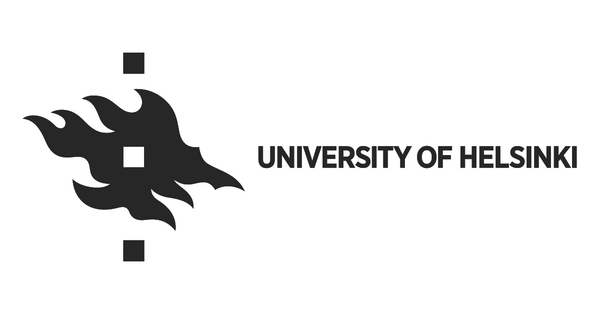University of Helsinki: The pandemic put university students’ study engagement to the test and greatly increased burnout
As a rule, students of the University of Helsinki attended teaching remotely during the pandemic, from spring 2020 to spring 2022. Under the direction of Academy Professor Katariina Salmela-Aro, a research group surveyed student wellbeing in spring 2020, late 2020 and spring 2021. A total of 4,712 University of Helsinki students took part in the study.
“Our study demonstrates that study engagement plummeted and study burnout increased considerably during the pandemic. Study engagement was at its lowest in late 2020, while study burnout increased throughout the pandemic,” Salmela-Aro says.
Study engagement is a state that symbolises positive study-related wellbeing, characterised by energy, dedication and absorption in studying. Study burnout is a prolonged stress syndrome that develops as a result of study-related stress. Study burnout is characterised by burnout-level exhaustion, a negative cynical attitude towards studying and feelings of inadequacy as a student. Moreover, study burnout predicts depression and anxiety, while study engagement predicts later satisfaction in life.
“In other words, malaise related to studying spills into other areas of life, as was clearly seen over the course of the pandemic,” Salmela-Aro notes.
Initial burnout due to the conflict between demands and resources
Student wellbeing is affected by demands, resources and basic psychological needs. Key basic psychological needs include autonomy, relatedness and experiences of competence.
The results show that in the first year of the pandemic, the conflict between demands and resources was a central factor in increasing study-related burnout and reducing engagement, which accounted for as much as more than half of the variation in study burnout in the first pandemic year.
Students were exhausted by the amount of remote work and other new requirements related to remote learning. At the same time, the support provided and other resources were insufficient. Digital solutions also posed challenges in the first year. In terms of resources, support, resilience and self-determination skills in particular protected students.
Basic psychological needs highlighted in crises
In the second year of the pandemic, the explanatory power of basic psychological needs was strong in terms of student wellbeing, accounting for more than half of the variation in study burnout.
“Procrastination reduced experiences of competence, and students felt that they were left on their own without a learning community. The students’ voice was not heard,” Salmela-Aro says.
“The findings demonstrate the importance of basic psychological needs in times of crisis. Students must be listened to, and inclusivity and experiences of competence must be engendered.”
Wellbeing and learning go hand in hand
The findings validate the recommendations of the OECD Learning Compass framework.
Wellbeing and learning go hand in hand. Socioemotional skills, such as resilience, are integral and require more investment in connection with studying. Universities are significant developmental communities that cannot be replaced virtually.
Salmela-Aro points out that the diversity of students’ circumstances must be taken into account when considering support options: some students fared well in remote learning, and some even thrived. The pandemic increased polarisation, widening the gaps in students’ coping.
“The results of our research should now be utilised as we find ourselves in the middle of a new crisis. Just after we had transitioned to a period of recovery and back to the campus, as the pandemic is subsiding, a new geopolitical crisis struck, strongly challenging student wellbeing in a situation where their resources are already exhausted. This crisis falls heavily on adolescents and young adults in particular.”

